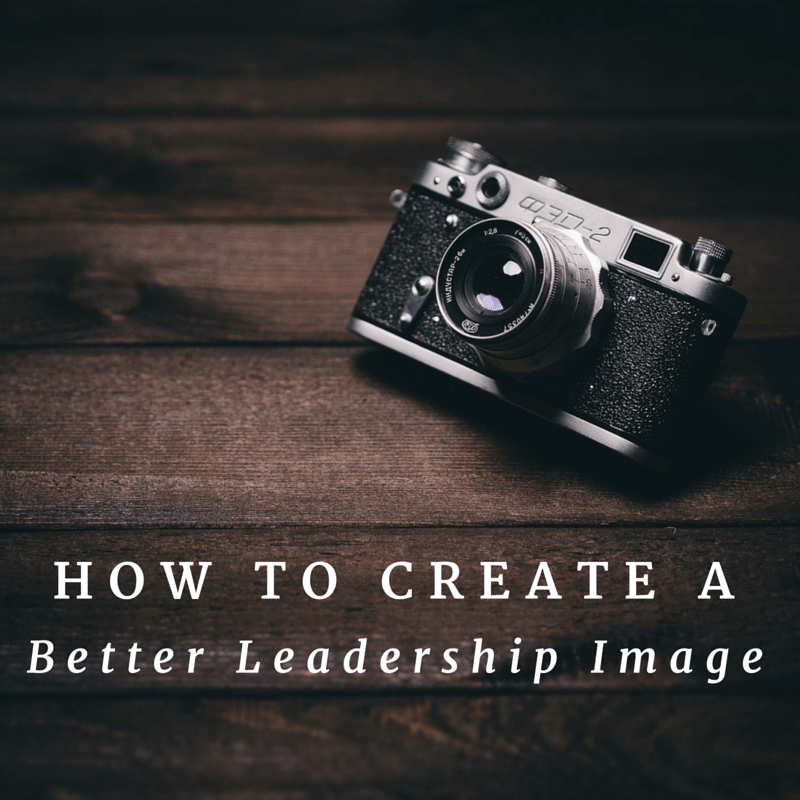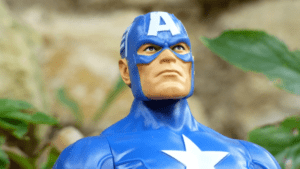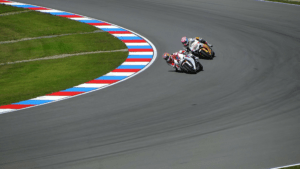
The end of winter in New England begins an array of color. We will see rich scarlets and ambers as leaves begin to pop. They’ll eventually turn green, but for a little while, it’s a promise of the autumn we’ll see later this year.
Fall in New England is stunning. Absolutely gorgeous. Having been to see the colors change in many parts of this country, I can confidently say New Hampshire is my favorite, since long before I became a resident.
Though I am no longer an avid photographer, each year I make a point to go color hunting on a few different weekends. The target is peak foliage, with the hills alive with reds, oranges and yellows.
On a recent trip, I was spending a few days with my photography mentors, Margo and Arnie, who always push me to look past the obvious. To get up and stay out before everyone else. To find the shot no one else can get.
Spending time with them, absorbing their lessons, I realized the pursuit of a stunning image is no different than the pursuit of leadership.
Look beyond the easy win for the real opportunities
Anyone can get off a bus, point at a pretty tree and click the shutter. I’ve done the same thing in countries around the world, when I have a day to spend to see as much as I can.
Getting at the real beauty, or true image, of anything takes time. More than a few minutes making snap photos (or judgements) about what’s on the surface.
As someone who regularly changes organizations to build and transform teams, I always come in with some sort of pre-conceived notion. It’s human. Whoever hired me, hired me for a reason.
My job is to look beyond that initial reason. To determining what’s happening (or not) at a deeper level, what’s driving the need for change, and how to affect it in the best way to make it stick.
While opportunities may quickly reveal themselves, understanding what’s driving them is likely beneath the surface, requiring a longer look. They may not be easy wins, but they are the lasting ones.
Continuously learn
To find unique opportunities (vs the same photo anyone could take) means finding new ways to consider the same scene. Opening ourselves to those opportunities means being open to continuously learning.
What we know today can get us one result. To get a different, or better result, requires new knowledge. This is true of photography and leadership.
Continuous learners constantly add new tools to their toolkit. They are able to up their game, address new challenges, and adapt to an ever-evolving landscape because they aren’t complacent.
As a photographer, I read a lot. I studied images to find what called to me, and then tried to determine how the photographer did it. I had mentors. I took classes. I could only get better if I pushed myself to get better. Time and practice had a lot to do with it, but new insights added to time and practice accelerated the pace.
As leaders, we have the same opportunity. Study the greats. Find a mentor. Take classes. Read. Then apply the learnings to the time and practice it takes to get good at anything.
Be passionate
I received my first camera when I was 10 years old. I was so excited. It was in the days of film, but I ran around taking all sorts of pictures of friends, family and the places we lived. At least as much as my allowance could handle for processing fees.
I moved and travelled a lot, so photography was a way to keep track of my life. For the longest time, I was recording it with photographs. That’s how I viewed photos – an image of a point in time.
Later, once my son came home and I realized I wanted to take better photographs, I became obsessed with improving. People are challenging subjects, so I practiced on things that didn’t move, like flowers. I quickly realized that photography could be used to do more than record events. It can be art.
Inserting passion into what had been a practical activity was a game changer. It was no longer about point and shoot, or recording an event. It was about capturing the essence of a person. It was about creating something that resonated with others. It was about becoming an artist.
The best leaders hone their craft, and continuous learning is certainly important. However, without passion, we are checking boxes. Following steps.
Passion is what connects us with others. It is what creates a beacon others want to follow. We become not just a leader, but a leader that stands out. That looks and feels different than those around us.
Find your best work in challenging situations
I remember the first time I met Margo and Arnie. I was wearing a white t-shirt and khaki capris and she wanted me to get in the dirt. To lay on a dirty fisherman’s wharf. To get myself twisted into a pretzel to get the better shot.
I resisted. I fought. Why can’t I get a photo from here, I wondered.
At a later class, I remember looking around at the other students. They were safely across the street, all shooting the same thing the same way. Rather than go where they were, I laid down in the middle of the road. I began to go where no one else was willing. The floor of a lobster shack. The rocks in the middle of a river.
During our reviews, my image looked different than everyone else in the group. Not because we weren’t looking at the same thing, but I was willing to step out of my comfort zone to go where no one else would go.
Leadership is not about staying safely on the sidelines. Managers tell their teams to go. Leaders say “Let’s Go!”
It’s about getting dirty. Stepping out on a limb so the team will learn to take risks. Finding opportunities to tackle the challenges other teams let pass by.
***
Though I may no longer regularly create the same kind of art I used to, I’m still an aspiring artist. A leadership artist.
Whether it’s a physical image or a mental one, photographers and leaders have a common purpose. We are inspired to create a unique vision and turn it into reality, an image others can see.
What have you learned about leadership from a passion or hobby? Please share your experiences in the comments, or share this post in your social network if it resonated with you.








